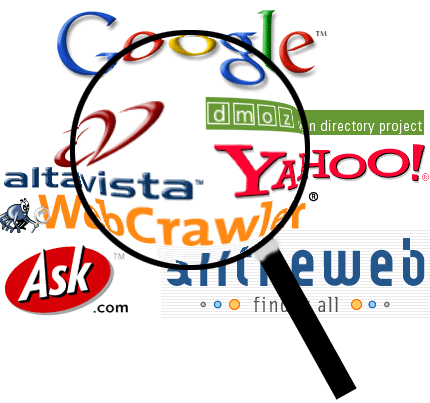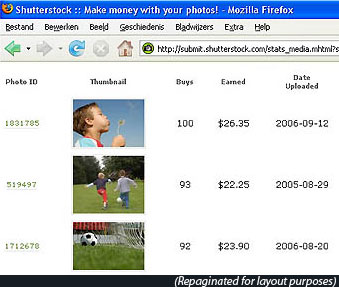Lost Income - Over the long term
![]() Clients, good or bad, are not, typically, one off. Further, you don't want them to be, generally speaking. Sure, when a client wants to hire you because this is their first/only assignment in your locale, just as the shopper in town for business or on a vacation, you appreciate that business, but not as much as the repeat business over time.
Clients, good or bad, are not, typically, one off. Further, you don't want them to be, generally speaking. Sure, when a client wants to hire you because this is their first/only assignment in your locale, just as the shopper in town for business or on a vacation, you appreciate that business, but not as much as the repeat business over time.
The long term client is exponentially worth more to you when kept, and significantly detrimental to you when lost. Conversely, the long term low-paying client costs you when kept, and frees you up to do better paying work when lost.
Consider that you spend significant efforts to earn a client. Whether mailings, or meetings, phone calls, and so forth. You get your first assignment from them, of, say $1k. (If you're a big time advertising photographer, go with me on this, and just 10x the figures I am putting forth.) If you do well, you'll earn not just the $1k, but the next assignment as well. That accounts for another $1k next time. Then again, another, and another, and another. Over time, a $1k client, properly managed and serviced, can generate $20k-$50k, or more.
If I said to you, after you botched a job, or just were laxadasical about your service/followup component of an assignment, that you would loose well over $10k, would you handle things differently?
I have quantified, for a vendor of mine, that they have lost in excess of $15k in business from me, over time, (with more losses accruing over time) because they didn't handle my business as they should have. It happens, and I am concerned about the possibility of it happening to me with my own clients.
There is a general rule about customers and who they will tell about their experiences. In a Shaw Resources article - Are Your "Satisfied" Customers Leaving You for Higher Value Elsewhere? - they repeat the commonly understood business reality that "...a happy customer will tell 2 - 3 friends about a positive experience - but an unhappy customer who has deserted your company will tell 10 - 13...". They then go on to report that "...Six out of seven customers who should complain, do not complain. They silently take their business elsewhere and you may never know it. The one in seven customers who do complain are saying, if only you could correct the situation, they would like to continue doing business with you."
Other research shows that an unhappy client will share their negative experiences with you for, on average, 18 months, which is plenty of time to talk to those 10-13 people who are dissatisfied with your efforts. If you are fortunate enough for them to return, it will take a dozen good experiences to make up for the one bad one.
Making outreach to clients, and determining what you can do better next time, increases the likelihood that they will. Further, it helps you know where you might have dropped the ball, so you can fix it for the next client. This effort will help those clients tell their 2-3 friends about how well you did, and word-of-mouth promotion is second to none.
Please post your comments by clicking the link below. If you've got questions, please pose them in our Photo Business Forum Flickr Group Discussion Threads.
 I'll admit it - I spend an inordinate amount of time worrying about where I fall in Google's rankings for my search terms of choice. Search Engine Optimization (SEO) is a key part of what I think about. When I was convinced, a few years back that my site needed a facelift, my concern wasn't how it would look, as much as it was how it's new look might affect my position on page 1 of Google, et al. I have been vociferous in my research for my first website (which was on Compuserve, back in 1995), since the early days of Yahoo (early 1996 for those of you counting), when inclusion was free (but you had to work for it), to Altavista, where, a properly coded (read - white hat) site could win you the entire first page. So was the case, for example, with the search term "concert photographer", I was literally the first 9 of 10 listings there in the early days. As of right now,
I'll admit it - I spend an inordinate amount of time worrying about where I fall in Google's rankings for my search terms of choice. Search Engine Optimization (SEO) is a key part of what I think about. When I was convinced, a few years back that my site needed a facelift, my concern wasn't how it would look, as much as it was how it's new look might affect my position on page 1 of Google, et al. I have been vociferous in my research for my first website (which was on Compuserve, back in 1995), since the early days of Yahoo (early 1996 for those of you counting), when inclusion was free (but you had to work for it), to Altavista, where, a properly coded (read - white hat) site could win you the entire first page. So was the case, for example, with the search term "concert photographer", I was literally the first 9 of 10 listings there in the early days. As of right now, 

 The company Lucent
The company Lucent 